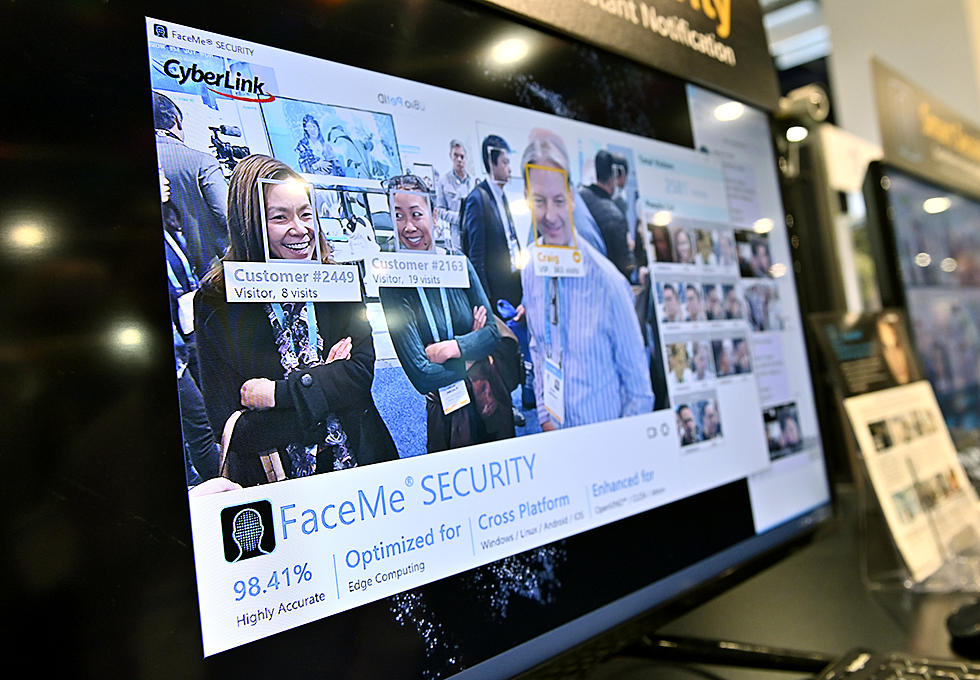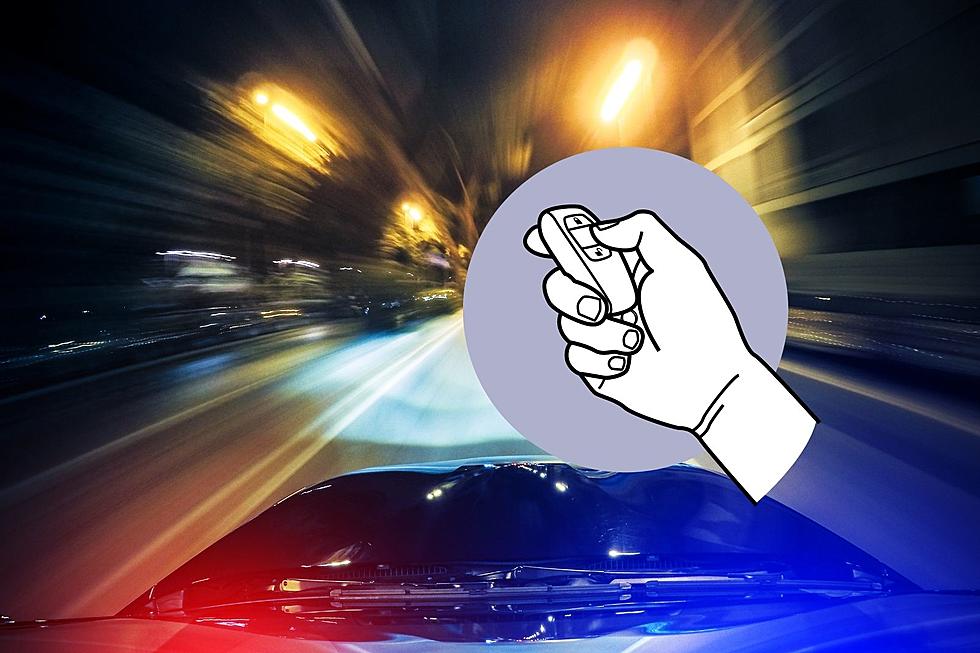
NJ asks: Should cops be able to use facial recognition? Should anyone?
An Assembly committee devoted to science and innovation issues plans to spend the new two-year legislative session focused on the impact of technology on everyday life. Topic one: Where’s the line between privacy and the safety that could be offered by facial recognition technology?
At a hearing Monday, the committee took testimony on a bill that would require police departments to hold a public hearing before using facial recognition technology. There wasn’t a vote scheduled.
“It’s clear that the technology will continue to only get more and more accurate. That’s what technology does. The question is: What do we want to do as a legislative body?” said Assemblyman Andrew Zwicker, D-Somerset.
Hannah Bloch-Wehba, an assistant professor at Drexel University, said facial recognition is a grave threat to privacy and freedom of expression, association and religion. She contends public hearings would be too small a step – and could push departments to more intrusive biometrics.
“The legislation being considered today might actually incentive law enforcement to deploy other, more advanced technologies that wouldn’t be captured by the proposed bill,” Bloch-Wehba said.
The American Civil Liberties Union of New Jersey and some academics told the committee a ban on the technology would be better. Drake Jamali, manager of government relations for, the Security Industry Association said that would go too far because the tech enhances public safety.
“You have it used for law enforcement purposes in child exploitation, in human trafficking, robbery, theft, narcotics,” Jamali said.
Lawmakers on the Assembly Science, Innovation and Technology Committee expressed concern about how police departments and the Motor Vehicle Commission use facial recognition technology.
Attorney General Gurbir Grewal last month directed police departments to temporarily stop using the Clearview AI app while the state gets a handle on how it uses photos obtained from social media.
Assemblywoman BettyLou DeCroce, R-Morris, said that’s fine for overseeing police but wouldn’t clamp down on nefarious use of the technology by private companies.
“OK, but what’s going to stop a company from developing the process and letting anybody use it for anything they want?” DeCroce said.
Stephan Finkel, director of legislative affairs for the Department of Law and Public Safety, said it would be up to state or federal law to impose limits.
“If the law doesn’t preclude it, then people can do it,” Finkel said.

Grewal’s office is working on a directive to law enforcement on use of facial recognition technology. Christine Hoffman, deputy director of the state Division of Criminal Justice, said preliminary results of a survey of police departments show only limited use of the technology to date.
“The majority of the counties that have reported in were exploring it on a trial basis and in many cases simply ran officers’ photo through the system, so I would not characterize this as extensive use at this point in time,” Hoffman said.
Zwicker said the committee has a list of around 30 departments that have access to Ring doorbell videos, another issue that concerned some lawmakers.
Michael Symons is State House bureau chief for New Jersey 101.5. Contact him at michael.symons@townsquaremedia.com.
More From New Jersey 101.5 FM









